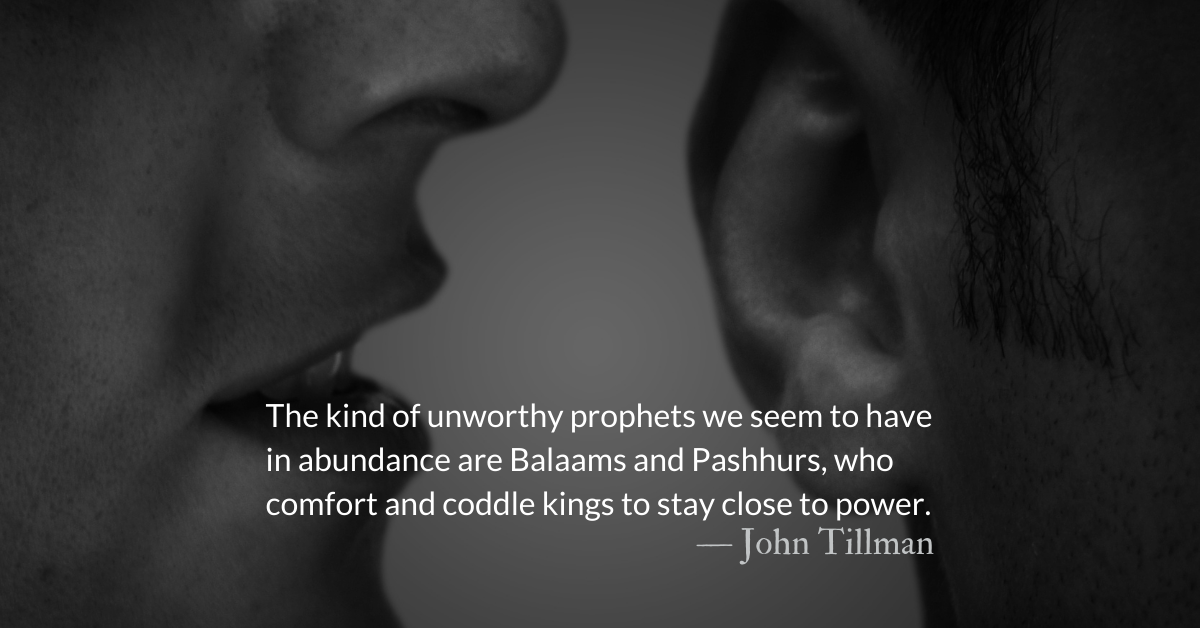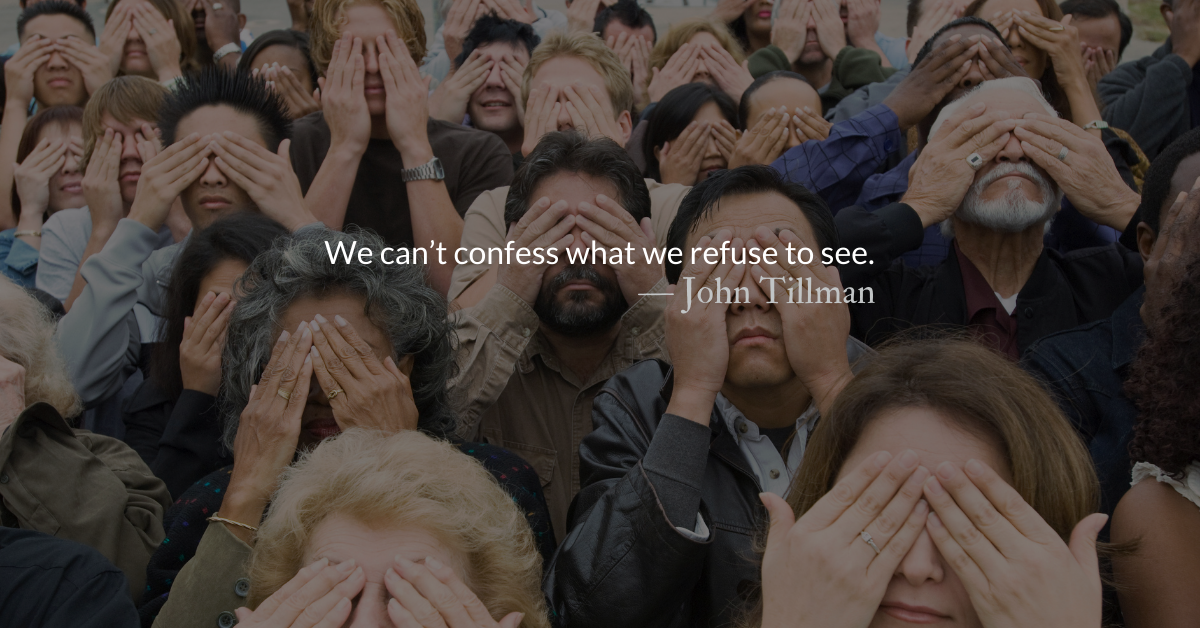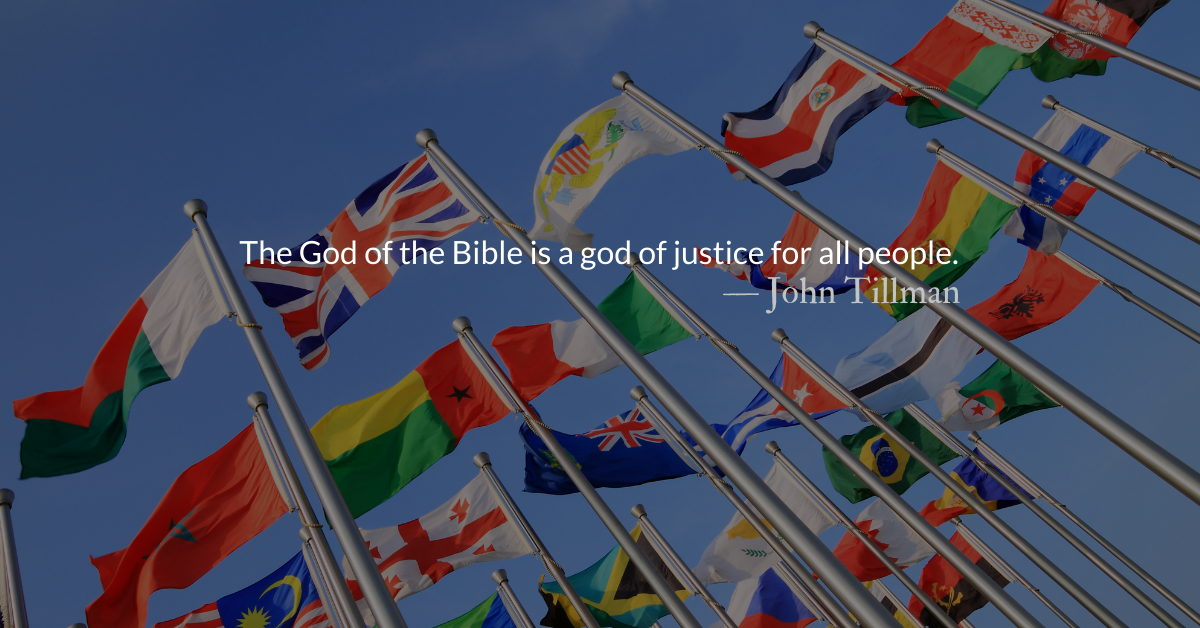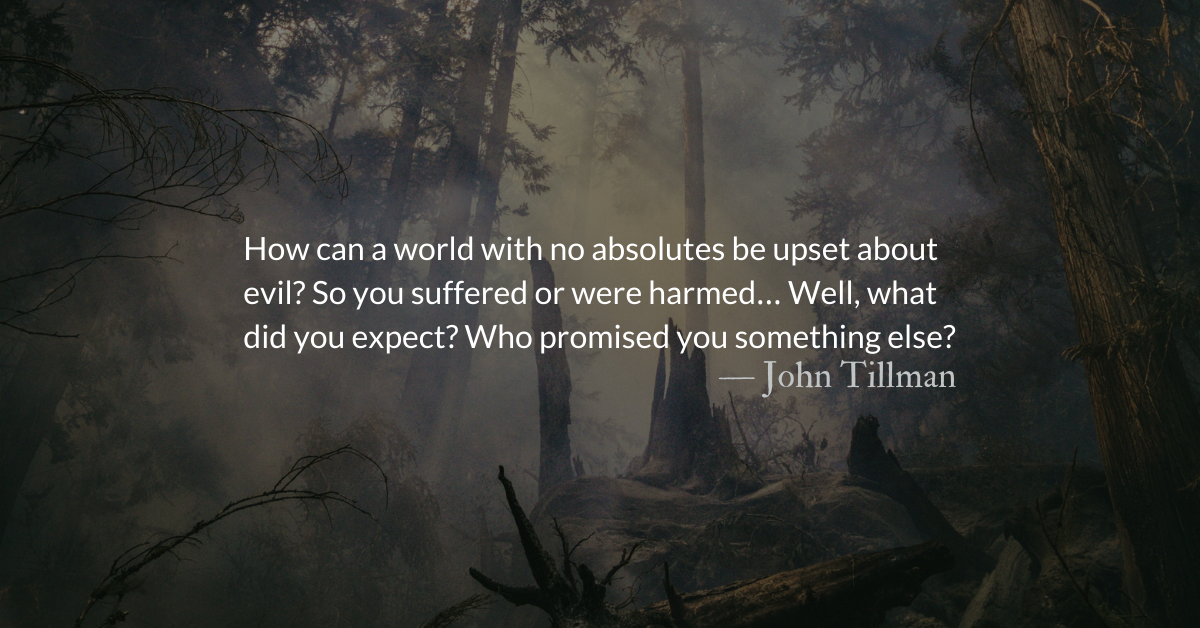Scripture Focus: Number 22.6
6 Now come and put a curse on these people, because they are too powerful for me. Perhaps then I will be able to defeat them and drive them out of the land. For I know that whoever you bless is blessed, and whoever you curse is cursed.”
Psalm 62.4
4 Surely they intend to topple me
from my lofty place;
they take delight in lies.
With their mouths they bless,
but in their hearts they curse.
Reflection: Unworthy Prophets
By John Tillman
The prophets we have needed in recent times are those like Nathan, Daniel, and Jeremiah, who would not shirk their duty to speak the truth in order to stay in the good graces of kings. The kind of unworthy prophets we seem to have in abundance are Balaams and Pashhurs, (Jeremiah 19.14-20.6) who comfort and coddle kings to stay close to power.
Balaam was not concerned with the king’s morals. Balaam’s prophecies were for sale. Balaam intended to cash in by putting words in God’s mouth, but God put his words in Balaam’s mouth instead. (Numbers 23.16)
Balaam said what God commanded. This could be because he was overwhelmed by supernatural visions or because he obeyed out of fear of the angel who threatened him. Scripture does not tell us. Although God spoke through Balaam, there was no relationship of love or trust—no expectation of good faith.
We must remember that there will always be political leaders like Balak. They want prophets of God to identify with them, stand with them, and give blessing to their policies in exchange for favors.
We must also remember that there will always be prophets like Balaam. These prophets claim to speak for God but, instead, tickle the ears of the powerful in exchange for assurances of influence and power. These modern Balaams do their best to put words in God’s mouth that are pleasing to the powerful.
Along their desert sojourn, the Israelites faced being hated by Balaks and cursed by Balaams. In our political realms, we will more likely be wooed by Balaks, and have our ears tickled by the Balaams doing their bidding.
As God’s people, we may feel powerless against the Balaams or the Balaks of the world. We can be assured that God is more than able to deal with them according to their sins. This world, ruled by Balaks and preached to by Balaams is not our home. It is the land of our sojourn.
May we keep serving our God and following him through this desert. As Balaam could not deny the beauty of the tents of Israel (Numbers 24.5), may the conspiring prophets and rulers of our culture not be able to deny the beauty of the love of God that works among us.
May a better class of prophets speak the truth to power and to God’s people.
Divine Hours Prayer: The Refrain for the Morning Lessons
My eyes are upon the faithful in the land, that they may dwell with me. — Psalm 101.6
– Divine Hours prayers from The Divine Hours: Prayers for Springtime by Phyllis Tickle
Today’s Readings
Numbers 22 (Listen – 5:55)
Psalm 62-63 (Listen – 2:44)
Read more about Balaam’s Success
Balaam’s strategy of people-pleasing pandering to powerful politicians is still alive today. So are his methods of deceit and temptation.
Read more about The Losers Who Write History
Not one of those glowingly positive, king-praising prophets’ writings are in our Bible. Instead we have the writings of the losers.











